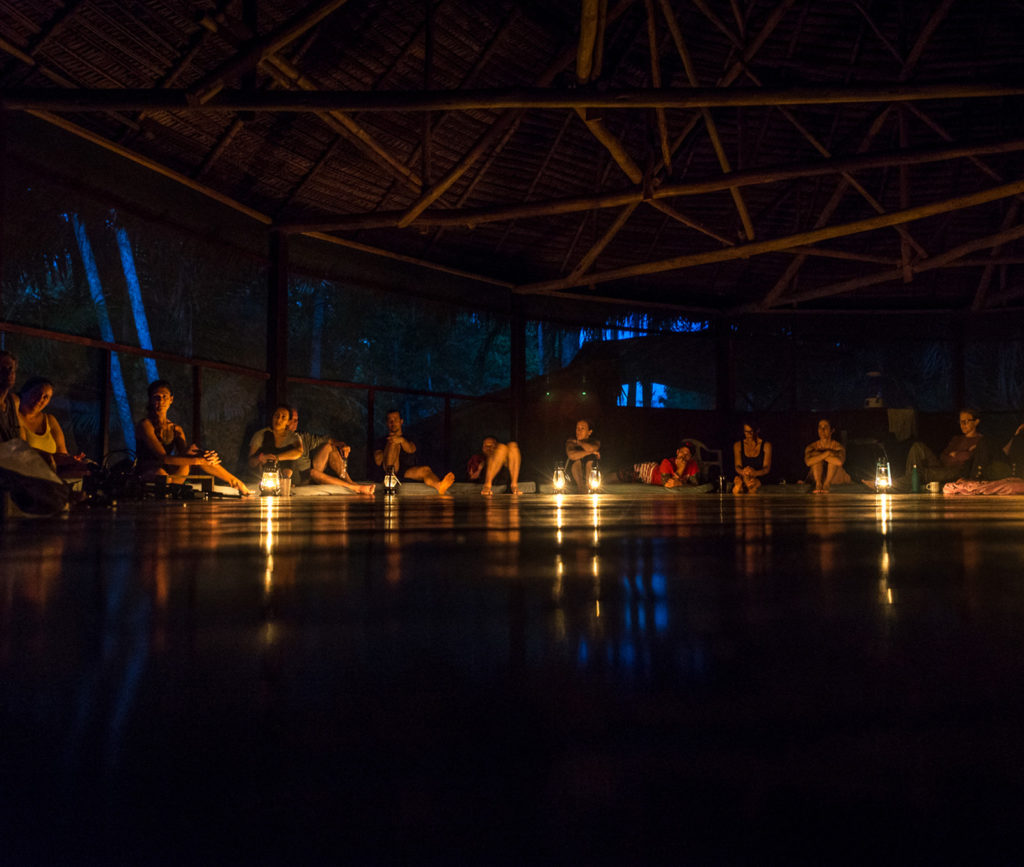Integration sessions for challenging experiences
ICEERS’ Support Center El Faro has extensive experience supporting people going through difficult processes with psychoactive plants.
Integration sessions answer previous questions or help people make sense of the experiences that emerge as a result of taking psychoactive plants, and allow them to find a more constructive meaning.
This accompaniment is especially useful after a difficult experience, as it helps people process their situation, regain stability and autonomy, and make informed decisions about their process.
- The online sessions (up to five) are free of charge and are conducted by trained professionals with ample expertise in the field.
- The ICEERS Support Center is a risk reduction service. This support can be a complement but never a substitute for— medical, psychological or psychiatric psychiatric diagnosis, treatment or counseling.
- We do not offer ayahuasca or iboga sessions, nor can we recommend centers or people who do.
- If you have questions about interactions between psychoactive plants and pharmaceutical drugs or medical treatments please visit our Drug Interaction Information service.
** If you are in a time of crisis or if you or anyone else may be in danger or experiencing a mental health emergency, or in case of suicidal ideation or risk of suicidal behavior, contact your local emergency services immediately:
– Spain. Emergencies: 112. Attention to suicidal behavior: 024.
– Other international services: https://blog.opencounseling.com/suicide-hotlines/
This is a free service operating on limited resources. We attend inquiries according to availability, while giving priority to the most grave cases. Thank you for your understanding.
About the Support Center El Faro
ICEERS Support Center began its work in 2013 and since then has attended more than one thousand cases, accompanying people who have doubts or difficulties integrating processes related to psychoactive plants.
In order to minimize the risks and maximize the benefits of these processes a team of experts with extensive experience in integration offers their skills.
We believe that integrating the work with psychoactive plants in our societies necessarily includes a response to the emergencies and accidents that might emerge. A response that should be accessible, culturally sensitive, and community rooted.
- Accessible: Our attention is free of charge up to a total of 5 sessions.
- Sensitive to ethnobotanical culture: We do not stigmatize users for their use of these plants. We do not psychopathologize by default, we believe instead that these are complex experiences that may be of another order.
- Community rooted: We understand that the answers to the challenges derived from the use of ethnobotanicals often can be found in the community itself. We consult and collect the best community practices to integrate them into our practice.
An effective integration process means the difference between clarity and confusion, safety and risk, balance and imbalance.
In 2022 the Center will open a training program aimed at those who want to accompany processes of preparation and integration of experiences with psychoactive plants.
The team
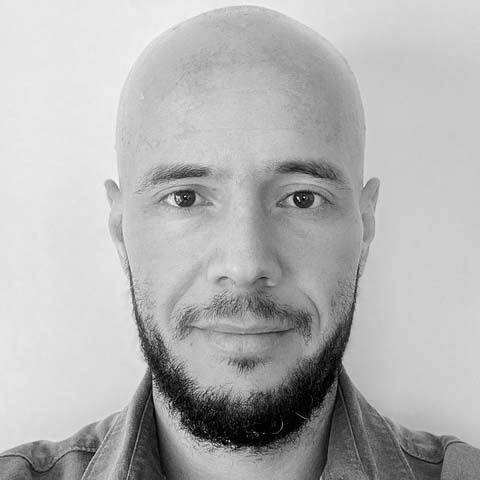
David Londoño
Integration Service Manager
David Londoño is a psychologist with 18 years experience working with ethnobotanicals. He has offered addiction rehabilitation services in various settings in Colombia, Argentina, and Peru. David spent six years living in the Peruvian Amazon, having moved there with the aim of deepening his knowledge of traditional medicine. While there, he worked for 5 years as coordinator of the therapeutic team of the Takiwasi Center. Subsequently, he coordinated the clinical team of the Hermanosis center in Spain, where he developed a plant teacher integration training program. His current work with ICEERS includes the Support Center and researching and promoting models of best practices around ayahuasca work in non-Indigenous contexts.
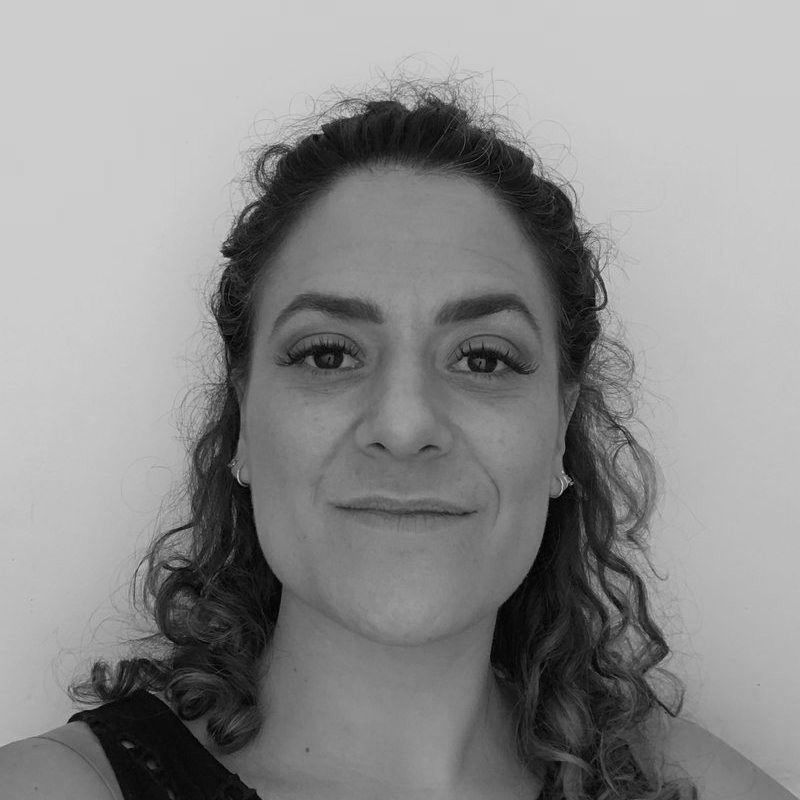
Mijal Schmidt
Integrative Therapist
Mijal Schmidt is a clinical psychologist specializing in crisis intervention, hospital clinical psychology, and therapeutic accompaniment. She has extensive experience working with complex, mixed diagnoses including people with psychotic disorders, autism, PTSD, affective disorders, and others. She founded and directed the Lazo y Voz Clinical Intervention Organization and coordinated various interdisciplinary teams treating patients and families.
For 10 years she has been working with master plants and as an integrator of psychedelic experiences from a clinical perspective. Through her master’s degree in musicology, she has investigated the power of sacred songs (ikaros) and studied their transmission in the liminal space of interspecies communication.
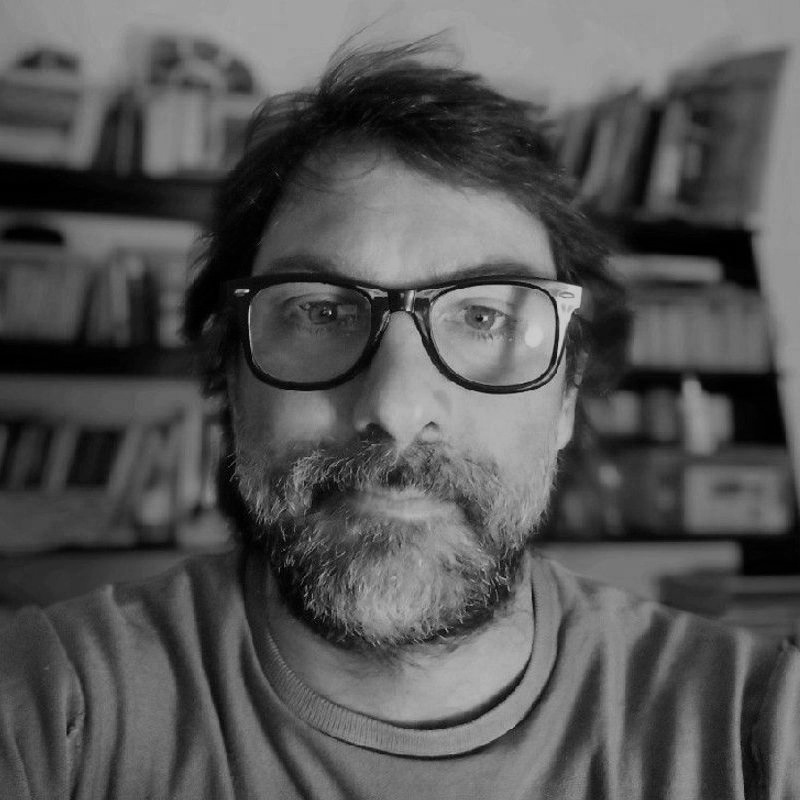
Gerónimo Tejedor
Integrative Therapist
Gerónimo Tejedor is a clinical psychologist and psychotherapist specializing in trauma and dissociation. He has completed several postgraduate courses in various psychotherapeutic approaches. He is a specialist in family bonding psychology with children and adolescents and got a Master’s Degree examining the links between human beings and ayahuasca from a decolonized perspective, the interspecies relationships of this connection, and their modes of integration.
He has been involved in the world of Master Plants for over 25 years. His work revolves around regenerating and appreciating the knowledge of the Indigenous peoples of South America. Through these efforts he works to create possibilities for future projects and combines transdisciplinary skills with other teachings.
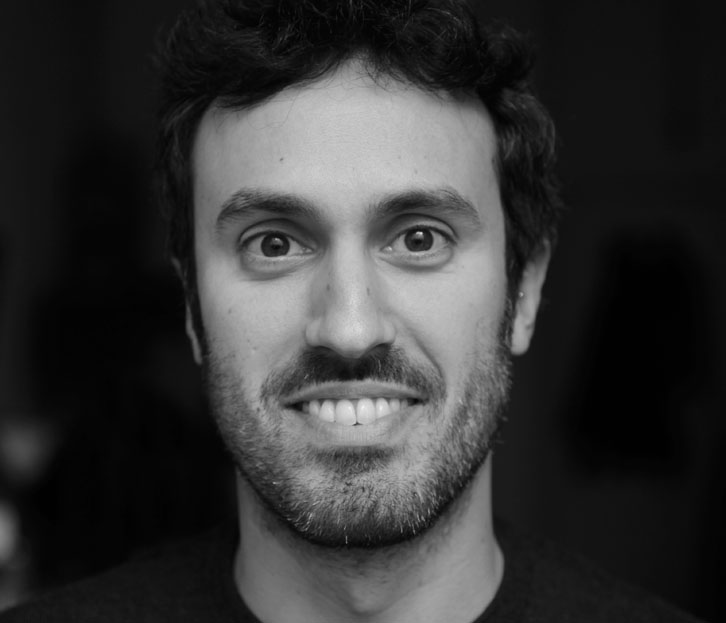
Marc Aixalà
Integration Service Supervisor
This support service is overseen by Marc Aixalà.
Marc Aixalà is a licensed psychologist, psychotherapist and certified Holotropic Breathing facilitator. His specialty is supporting people who face challenging experiences with expanded states of consciousness. Marc has worked in the psychedelic crisis intervention service KosmiCare since 2010, and since 2013 has assisted hundreds of users of the ICEERS Support Center. Marc has collaborated with facilitators from different countries to promote safer practices around the use of psychoactive plants. He was trained in MDMA-assisted psychotherapy by MAPS, and is currently working as a psychedelic therapist in clinical trials with psilocybin. He is the author of the book Psychedelic Integration, where he develops a theoretical framework of integration based on his years of experience on the topic.

